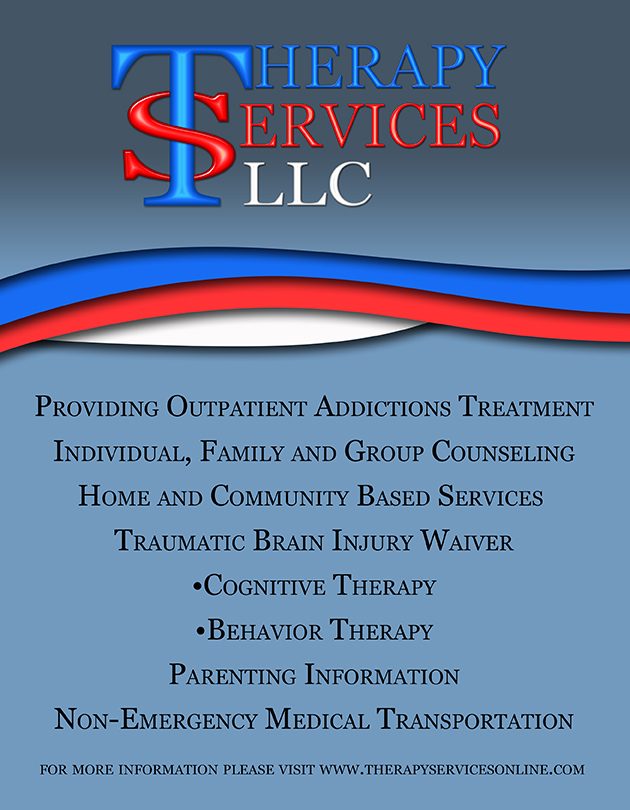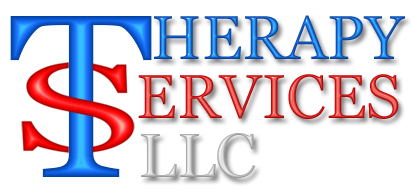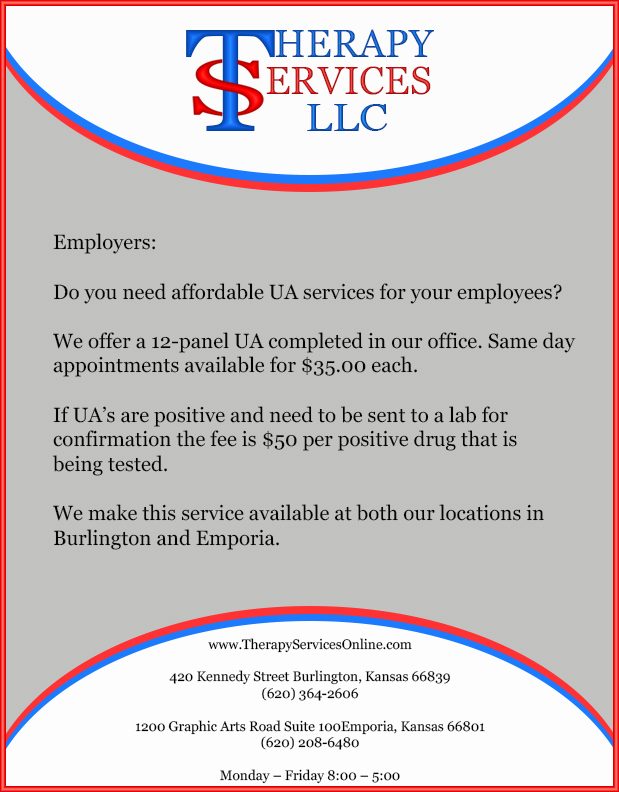We provide outpatient addictions treatment, Home and Community Based HCBS Brain Injury BI Waiver services to include Cognitive Therapy CT and Behavior Therapy BT, parenting classes, and non-emergency medical transportation. Individual, family and group counseling is also available.
For non-emergency medical transportation call the number associated with your Medicaid Insurance carrier as follows:
Aetna Members call…877-818-7918
Sunflower Members call……877-917-8126
United Members call…………877-796-5847

Servicing Kansas and Missouri for non-emergency medical transportation for Medicaid recipients.
Our Substance Use Disorder programs are staffed by English speaking counselors. Please notify us if other accommodations are needed. Interpreters may accompany the client at the client’s expense.
We have State of Kansas AAPS Block Grant funding available at both locations for low income and uninsured clients who meet the income guidelines and residence criteria.
We offer a 12-panel UA completed in our office. Same day appointments available for $35.00 each.

Available Now on Amazon!
There is success after addiction and homelessness. Success can come to those who work for it and don’t give up. How I built a business as a single mother. Words of wisdom from someone who has been there. My chapter is about what I did after I changed my life from addiction and homeless to become a single mother and business owner. Each chapter has a different author who shares their experience with business and how to be successful.
Brain injury (BI), also known as intracranial injury, occurs when an external force traumatically injures the brain. BI can be classified based on severity, mechanism (closed or penetrating head injury), or other features (e.g., occurring in a specific location or over a widespread area). Head injury usually refers to BI, but is a broader category because it can involve damage to structures other than the brain, such as the scalp and skull.
Brain trauma can occur as a consequence of a focal impact upon the head, by a sudden acceleration/deceleration within the cranium or by a complex combination of both movement and sudden impact. In addition to the damage caused at the moment of injury, brain trauma causes secondary injury, a variety of events that take place in the minutes and days following the injury. These processes, which include alterations in cerebral blood flow and the pressure within the skull, contribute substantially to the damage from the initial injury.
BI can cause a host of physical, cognitive, social, emotional, and behavioral effects, and outcome can range from complete recovery to permanent disability or death. The 20th century saw critical developments in diagnosis and treatment that decreased death rates and improved outcome. Some of the current imaging techniques used for diagnosis and treatment include CT scans computed tomography and MRIs magnetic resonance imaging. Depending on the injury, treatment required may be minal or may include interventions such as medications, emergency surgery or surgery years later. Physical therapy, speech therapy, recreation therapy, occupational therapy and vision therapy may be employed for rehabilitation.
International Pain Foundation
Gayle Taylor-Ford serves on the International Pain Foundation Board of Directors. Gayle will interpret the organization’s work and values to the community, represent the organization, and act as a spokesperson. She works in good faith with staff and other board members as partners toward achievement of iPain Foundation goals.



